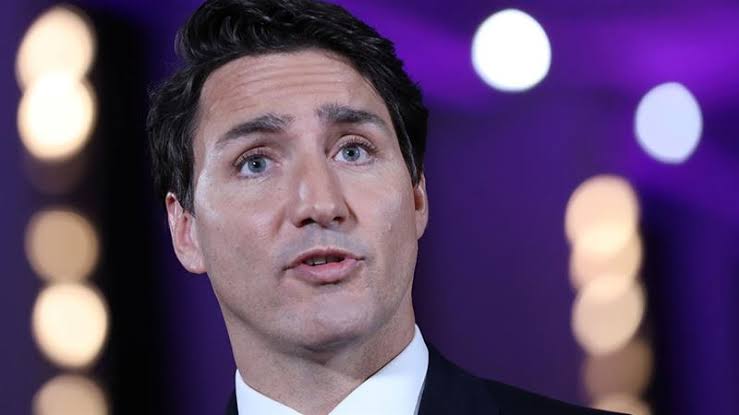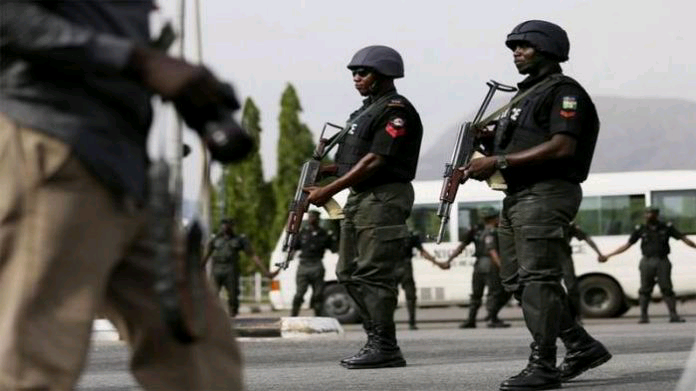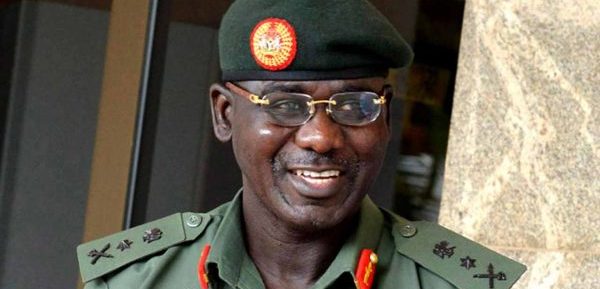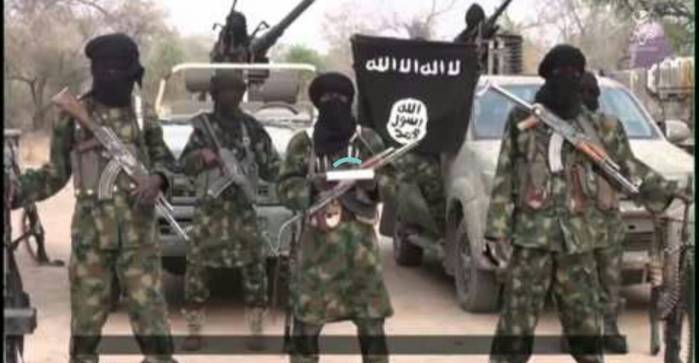Justin Trudeau’s Liberal Party has retained power but a narrow election win means he is forced to lead a minority government as prime minister.
His party will claim the most seats in parliament but their second term will be much harder, relying on other parties to pass legislation.
The Liberals were neck-and-neck with their centre-right Conservative rivals.
This federal election was seen as a referendum on Mr. Trudeau, who endured a bumpy first term, tainted by scandal.
“You did it my friends. Congratulations!” he told cheering supporters in Montreal.
Turning to address those across the country who voted for him, he said: “Thank you for having faith in us to move our country in the right direction.”
READ ALSO: Justin Trudeau: Canada PM In ‘Brownface’ 2001 Yearbook Photo
And to those who did not back him, he promised his party would govern for everyone.
His weakened grip on power is being seen as a rebuke of his record but the result is bitterly disappointing for Conservative leader Andrew Scheer.
His party is expected to win the popular vote but failed to translate that support into seats.
Mr. Trudeau swept into power in 2015 promising “real change” and a slew of progressive pledges.
Now, after four years in power, Mr. Trudeau has faced criticism for his ability to follow through.
His environmental record, for example, has been undercut by his support for the Trans Mountain oil pipeline expansion project.
And Mr. Trudeau’s vow to institute federal electoral reform was quickly abandoned, angering some left-leaning voters excited by the prospect of seeing an alternative voting system.
Still, according to an independent assessment by two dozen Canadian academics, Mr. Trudeau has kept – fully or partially – 92% of these promises, the most by any Canadian government in 35 years.
Source: BBC











